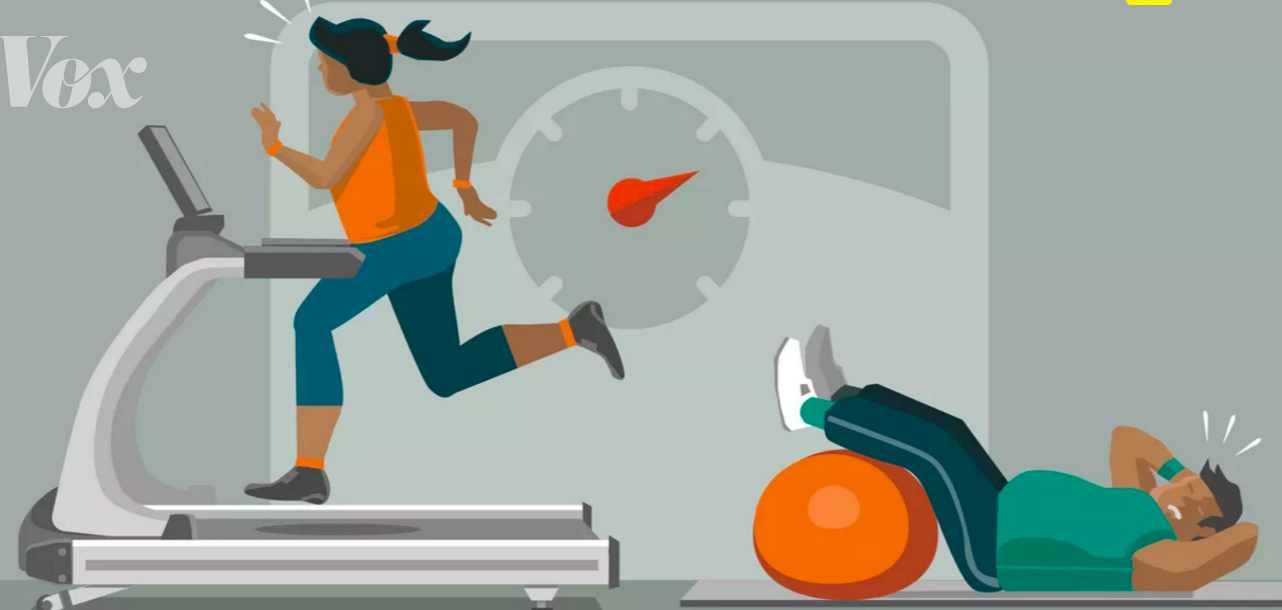11
Oct 2017
By Luke Carlson
Posted in
Body Composition,
strength training,
weight training,
burn calories,
cardio,
fat loss,
eating habits,
counting calories,
healthy,
body fat,
lose weight,
mcdonalds
With
NO Comment
Permalink
The Most Intelligent, Effective, and Socially Unacceptable Approach to Improving Body Composition
Improving body composition, defined as the percentage of our body weight that is comprised of muscle versus fat, is a paramount goal for the clear majority of exercisers. Whether our pursuit is bolstered health and the prevention of chronic disease or improved aesthetic appearance, improving our body composition is a central part of the equation. With so much misinformation, confusion, and wasted effort in our quest of improved body composition, I thought I would share the ultimate success story that illustrates an evidence based, albeit unpopular approach to improving body composition.
01
Sep 2017
By Luke Carlson
Posted in
Body Composition,
strength training,
burn calories,
caloric deficit,
calories,
cardio,
exercise,
fitness,
Exericse Research,
fat loss,
cardio for weight loss,
losing weight
With
NO Comment
Permalink
Cardio doesn't do what we think (or hope) it does
It's the prevailing myth that so many fitness enthusiasts still cling to: Cardio will help me lose weight. For nearly 12 years, we at Discover Strength have worked at combatting this misnomer. I don't think we've been very effective. Not a day goes by where I don't hear clients mention that they need to increase their cardio to really start improving their body composition. In full disclosure, I love cardio. In fact, I have a bias toward cardio. I run marathons and I do cardio religiously five days per week. I'm almost rooting for cardio to be effective for weight loss. However, I'm also aware of what the research continually tells us:
Cardio doesn't do what we all think it does.
That is, cardio isn't effective for weight or fat loss. If we survey all the people on a treadmill, elliptical machine, in a spin class, or in a kickboxing class, and we ask them, "What's your objective?" 99% of the answers will be along the lines of, "To lose weight" or, "burn calories." Stated otherwise, we're all using cardio to help us lose weight; but cardio simply doesn't help people lose weight. What is cardio good for? As the name implies, cardio is great for improving cardiovascular fitness and function and potentially mitigating cardiovascular disease risk factors.
Cardio IS valuable, but not for the reasons most of us perform it.
24
May 2016
By Discover Strength
Posted in
Weight Loss,
strength training,
burn calories,
marathon,
marathon training,
running,
training,
Uncategorized
With
NO Comment
Permalink
I'm going to sign up for a marathon to help me lose weight
This is the intention of many first time marathoners. The assumption is something like this: Training for a marathon involves a heck of a lot of running; if I sign up for a marathon really get serious about running, I'll lose a heck of a lot of weight in the process. The reality is far different from this. A 2010 research study indicated that of novice marathoners completing a 3-month training program (a time period in which they ran literally hundreds of miles and expended tens of thousands of calories), some people lost weight, some stayed the same, and many gained weight. Here is a breakdown of what happened:




Leave a Reply
Your email address will not be published.